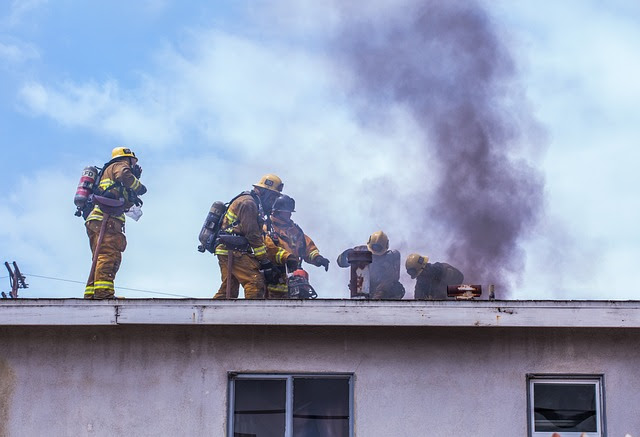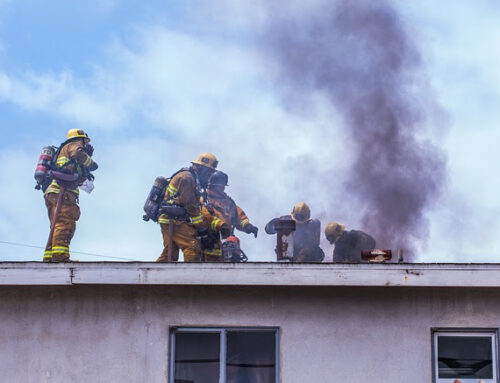Fire insurance is a type of property insurance that provides coverage for losses and damages caused specifically by fire. It is designed to protect property owners against the financial consequences of fire-related incidents, including damage to buildings, structures, and personal belongings.https://www.investopedia.com/terms/f/fire-insurance.asp#:~:text=Fire%20insurance%20policies%20provide%20payment,the%20fire%20caused%20uninhabitable%20conditions.
Key features of fire insurance include:
- Coverage for Property Damage: Fire insurance typically covers the cost of repairing or replacing property damaged or destroyed by fire. This includes residential homes, commercial buildings, industrial facilities, and personal belongings within the insured property.https://www.investopedia.com/terms/p/personalproperty.asp
- Additional Perils Coverage: In addition to fire, many fire insurance policies may also provide coverage for related perils such as smoke damage, explosions, lightning strikes, and damage caused by firefighting efforts.
- Exclusions: Fire insurance policies may have certain exclusions, such as damage caused by intentional acts, acts of war, acts of terrorism, earthquakes, floods, and other specified perils. It’s essential to review the policy terms and exclusions carefully to understand what is covered and what is not.
- Policy Limits: Fire insurance policies have coverage limits, which represent the maximum amount the insurer will pay for covered losses. It’s important to ensure that the policy limits are sufficient to fully protect the insured property and belongings.
- Deductibles: Like other types of insurance, fire insurance policies often have deductibles, which represent the amount the insured must pay out of pocket before the insurance coverage kicks in. Choosing a higher deductible can help lower insurance premiums but may result in higher out-of-pocket costs in the event of a claim.
- Premiums: The cost of fire insurance premiums depends on various factors, including the value of the insured property, its location, construction materials, fire protection measures, and the insurer’s underwriting criteria.
- Loss Assessment Coverage: Some fire insurance policies include coverage for loss assessment, which reimburses the insured for their share of costs associated with shared property damage within a condominium association or homeowners’ association.
Fire insurance is crucial for property owners to protect their investments and assets from the devastating effects of fire. It provides financial security and peace of mind by covering the costs of repairing or replacing property damaged or destroyed by fire-related incidents, allowing property owners to recover and rebuild without facing significant financial burdens.




